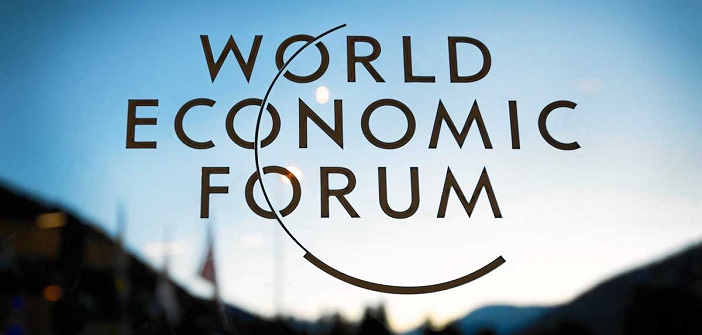The Davos Forum – the renowned global meeting that every year gathers over 2000 invited participants in the Swiss locality, including high-ranking individuals such as heads of state, entrepreneurs, and the most important managers – is an opportunity to analyze the world’s economic situation and to propose some recommendations.
After the financial crisis of 2008 and the rise of populism in several countries, many are questioning whether the cause lies in the ultra-liberal and financial capitalism often driven by short-term goals and the greed of a few.
Is it heading “towards its end” – as several experts anticipate?
For context, in May 1968, Cohn-Bendit said ‘leftism is the senile illness of communism’. He was responding to the criticisms that communists directed at leftists.
By analogy, one might almost use this phrase to say that populism is the senile illness of liberalism, the economic liberalism that has been rising since the early 1980s and 1990s.
Davos will tell us or help us understand that populism is the pathology of this neoliberalism which reasons only in economic terms and has overshadowed politics.


